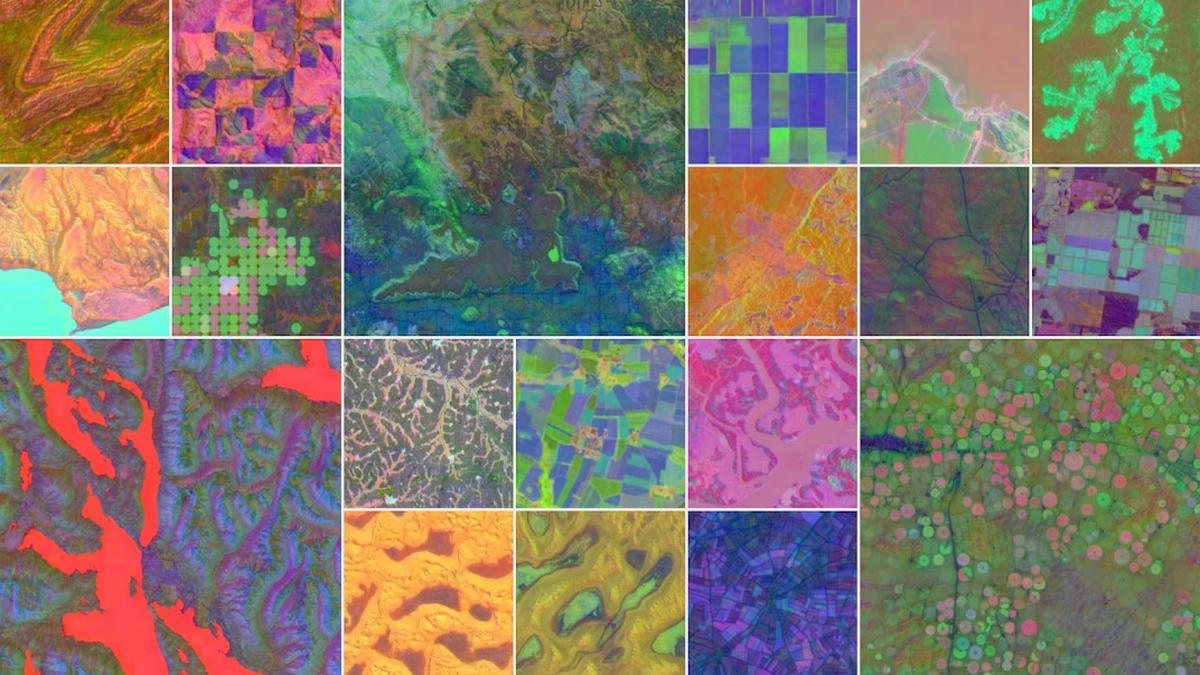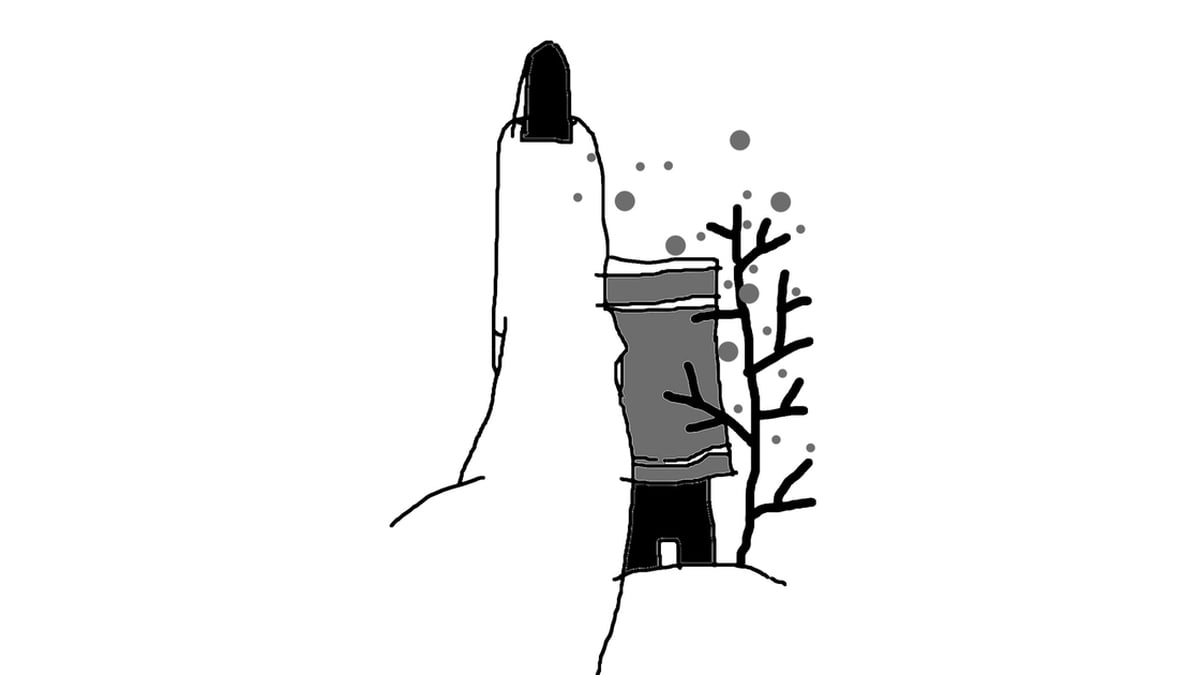During cellular respiration, especially in eukaryotes (such as humans, animals, plants, fungi...), oxygen acts as the final electron acceptor in the electron transport chain in mitochondria - Photo: AI
We often see oxygen as a symbol of life, an indispensable "life force" in every breath. However, chemically, oxygen is a highly reactive element, something that anyone who has ever lit a fire or burned wood can directly feel.
Oxygen: Both life and threat
The oxidizing power of oxygen is enough to corrode metals, destroy cells, and is the main cause of free radicals, which cause DNA damage and aging.
So why do so many organisms, especially eukaryotes like humans, still depend on oxygen to live?
"There are probably thousands of different energy metabolisms in nature, but nearly all eukaryotes and many prokaryotes use oxygen to live," said Professor Donald Canfield, a geobiologist at the University of Southern Denmark.
In heterotrophic organisms, that is, organisms that obtain energy by digesting other organic matter (such as humans or animals), energy production occurs in the cell's mitochondria. There, organic molecules are broken down, releasing electrons, and these electrons are passed through a chain of enzymes in the mitochondrial membrane.
At the end of the chain, oxygen acts as the “terminal station” to accept electrons, thanks to its high electronegativity, and combines with protons (H⁺) to form water (H₂O). This creates an electrical potential difference that builds up a proton “reservoir” outside the membrane. As protons flow back in through a special protein that acts like a turbine, it spins and creates ATP, the cell’s “energy currency.”
ATP is then used to run every activity in the body: from muscle contraction, nerve signal transmission, protein synthesis to maintaining cellular ion balance.
Why not use nitrogen or another gas?
Nitrogen, although abundant, is very stable and chemically inert, and it hardly participates in biological reactions to produce energy.
Meanwhile, in addition to oxygen, some anaerobic organisms (those that live without oxygen) can use other electron acceptors such as sulfate (SO₄²⁻), nitrate (NO₃⁻), or iron ions (Fe³⁺). However, all of these substances provide much less energy than oxygen.
"The reduction of oxygen (O₂) releases the highest free energy per electron transfer, second only to fluoride and chlorine, which are too toxic for life to use," Professor David Catling (University of Washington) shared in the journal Astrobiology.
Therefore, oxygen is the most ideal choice for life, at least on Earth.
Not all creatures like oxygen.
Although oxygen is effective, not all organisms "like" it. Some anaerobic bacteria can live completely without oxygen, and are even killed by it because their systems for protecting against active oxygen are poorly developed. These organisms typically live in anaerobic environments such as the seafloor, underground, or the intestines of animals.
Since plants and cyanobacteria began producing oxygen through photosynthesis more than 2.5 billion years ago, the Earth has gradually shifted to an oxygen-rich environment, promoting the development and dominance of oxygen-breathing organisms, paving the way for multicellular life and complex animals like us today.
A very interesting question is, "If there is alien life, do they need oxygen?". The answer is maybe yes, maybe no.
According to astrobiologists, alien life could evolve to use other electron acceptors, depending on the composition of the planet's atmosphere.
But if the planet had conditions similar to Earth, with oxygen readily available, then intelligent creatures that used oxygen would have a distinct evolutionary advantage, for a simple reason: oxygen helps generate more energy than any other option.
MINH HAI
Source: https://tuoitre.vn/vi-sao-gan-nhu-toan-bo-su-song-tren-trai-dat-deu-hit-tho-oxy-20250528171343524.htm



































































































Comment (0)